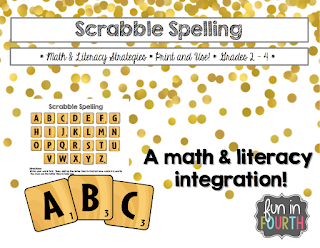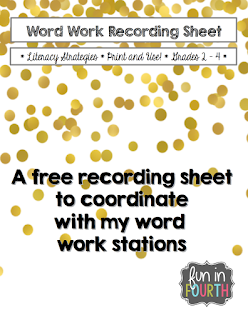The values of word problems are plentiful! From a young age children are taught
to play with objects, and when we get older that same ability is taken
to a higher level by doing word problems.
Word problems teach you to accept a challenge but also to persevere
and use both logic and creative ability combined. When you visualize
the word problem you will be able to get to the solution quicker.
Most of us enjoy a good challenge; after all, it gives spice to life
doesn't it??
Word problems teach children to become creative thinkers. In history
we have many men and woman who fall into that category, like Shakespeare
for instance. This will also teach children to become independent
thinkers and they will come up with concepts and designs that are
new and exciting.
Word problems are a caterpillar in order to develop a good understanding.
Word problems are very valuable in teaching children to solve problems
in their everyday lives. They can take their real live situations
and apply the same principles to get to a solution.
With that being said.... here comes an amazing place to get some real life word problems! A colleague posted on her blog several months ago about this website:
Bedtime Math.
The concept is this: give math some time regularly each day like
parents often do for reading stories. So each day Laura posts a tidbit
of information along with three math problems created from the numbers in the information: one for “wee ones” (targeted at pre-school children), one for “little kids” ( for children in kindergarten through grades 1 or 2) and one for “big kids”
(for children in grade 2 and up). Oh, yes, the answers are posted there
too, so you don’t have to sweat it out! It is not an official curriculum, just a way for parents
to have fun with their kids with math.
I personally think this is a great idea. Doing math in an
inquisitive, fun way helps children develop a positive disposition about
mathematics.
Today, my class tried out a problem. The big kids version read:
This sparked some amazing conversation in my kiddos!
There were debates about the most efficient strategy to use. Many chose to grab a 100s chart to mark the days off on. The reminder was distracting for many, as they immediately coloured off 30 days in one colour and then 31 days in another, thus their answer was 61. I asked them to think about that logically "have 61 days passed?" It was difficult for them to recognize that the days in September before the 24th were not relevant. At one point, I wanted to record them the discussions were so powerful!
I recommend you check out this website. Most of the big kids problems are a little young for grade 4, but can easily be adapted to be more suitable.











































